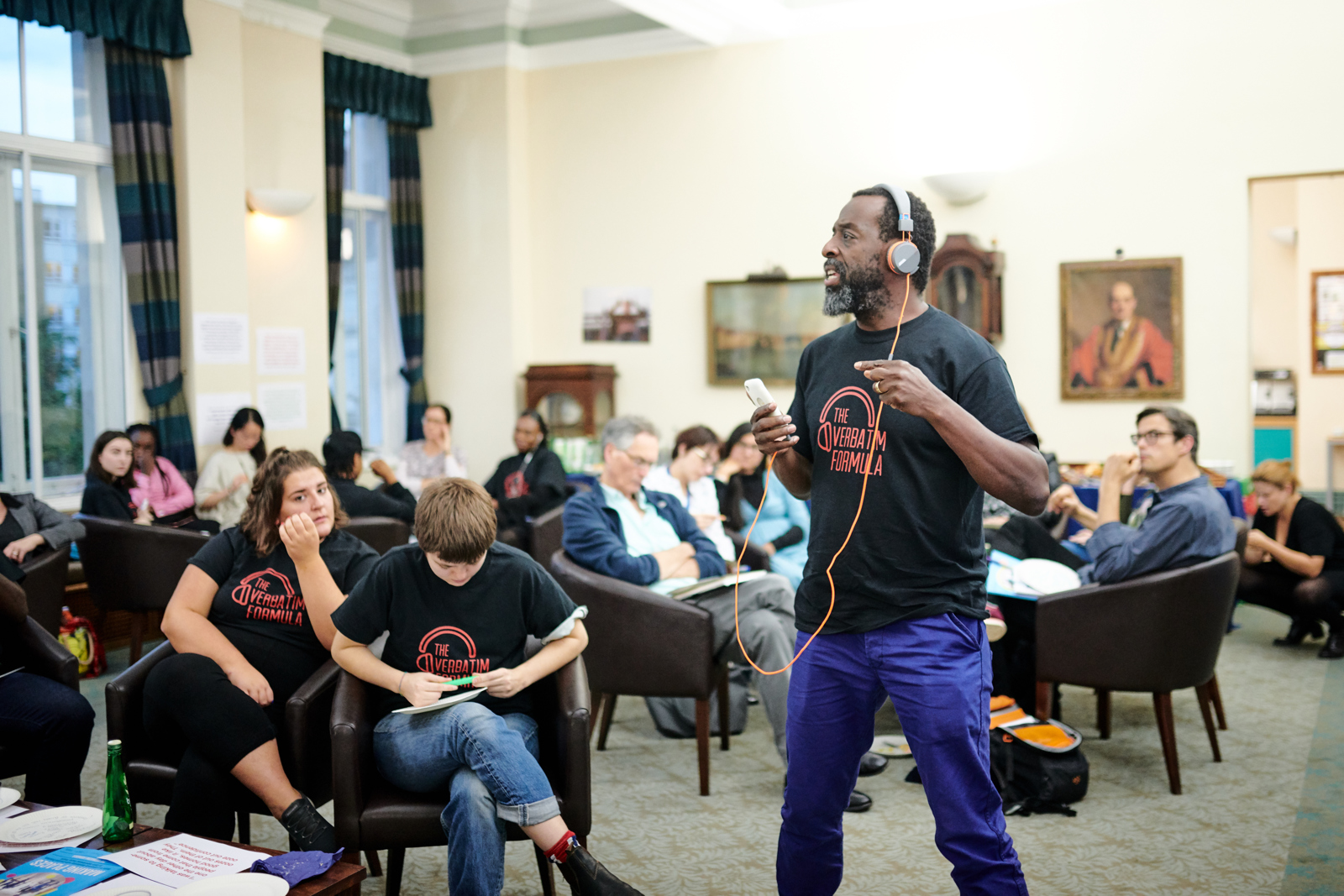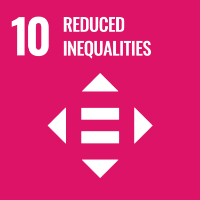.jpg)
Are you listening? Verbatim Theatre gives voice and ear to care leavers
Visit project websiteAre you listening? Verbatim Theatre gives voice and ear to care leavers
At a glance
- Young care leavers do not feel listened to, leading to a feeling of being lost or disregarded.
- The Verbatim Formula (TVF) is a collaborative participatory arts project that has developed verbatim theatre techniques to share the voices of care-experienced young people, care leavers, and adults responsible for their care and education.
- Young people involved felt that they were better able to communicate their experiences and thoughts, feeling more listened to and socially included as a result.
- It's vital that we properly hear and understand young care-leavers, so that we can make informed decisions to make their experience of care better.
A need for systemic change in care
Young people’s experience of care is often stigmatised and unheard, making them feel disregarded and like a statistic. It also makes impossible to implement necessary changes to improve the quality of life of those that have been in care. In May 2022, The Independent Review of Children’s Social Care published its final report, calling for a fundamental reset of the system to improve this.
In 2015, the researchers led a series of workshops for care-experienced young people at four universities in London (Queen Mary, Greenwich, East London and Goldsmiths). Since then, they have delivered two major projects at The Foundling Museum, which included twelve in person workshops, six online planning sessions with co-researchers, and four public performances.
Using the verbatim method, young care-leavers are anonymised and feel safer. TVF’s ‘Working Group Model’ (WG) offers a space for skill and creative-practice development, with TVF continuously enhancing awareness of young people's care experiences.

Research
TVF developed their initial methodology in 2015. Researchers held workshops where participants recorded what they wanted to say, usually on a phone, creating their “testimony”. Testimonies were shared, with permission, through another person who would listen through headphones, repeating everything aloud, word for word – verbatim.
These testimonies are part of TVF’s ‘living archive’, shared at events around the country, where those listening can do so without any preconceptions.
Since 2022 TVF has developed their WG model, bringing together a core group of TVF co-researchers of 18-30 years old ‘care leavers’ on a permanent basis.
Boosting confidence and nurturing aspirations
Using the verbatim method, young cares leavers feel more socially included – those who had felt isolated when they entered care found support and comfort in discovering they had experiences in common with other young people. Participants in TVF were able to freely express their hopes and dreams, and eighty percent said that taking part in TVF gave them new confidence and affirmed and enabled their aspirations. These impacts extend to areas such as higher education, where care leavers are typically under-represented.
Nationally only six percent of care-experienced young people attend university, but TVF increased the participants’ enthusiasm for university, and, as one girl said, ‘I realise that I can achieve my dreams even if they are big’.
Empowering through co-research
Since 2022 TVF have developed their “Working Group” (WG) model, allowing young people involved to become co-researchers. This gives them regular structure, co-designing events and outputs, and allowing them to input into strategic decision-making and fund-raising activities. Young adults are often left struggling to find stable and safe accommodation, and find decent and regular employment, and care for their own mental and physical health with little or no support from older adults. WG provides ongoing supportive and personalised work through a creative research ensemble. The team have adjusted how TVF delivers the workshops, so that co-researchers can facilitate activities. This creates space for them to develop skills and leadership capacities as well as their creative practices. As a result, the team were awarded the TaPRA Transformative Research Award in 2023.
Events and collaboration
Since its inception, the project continues to enhance awareness of young people's care experiences through TVF and its events, videos and collaborations, including:
- Ongoing work with Newham Youth Empowerment Service works to develop more sensitive digital reporting practices in the AzeusCare portal for social workers.
- Workshops and methodologies have supported Coram Voice’s Voices Through Time project and Lewisham Youth Theatre’s Super Summit at City Hall.
- Can You See Me Now, an audio-visual arts exhibition where children in care express their experiences through art.
- “About Love (or the lack of it)” and “The Power of Listening: More than Skin Deep”, short films created by care-experienced young people.
- Keynote speech in March 2024 at the National Network for the Education of Care Leavers (NNECL) National Conference.
- Sessions for the Home Office Fire Strategy Away Day, Fire Strategy and Reform Unit in Dec 2023, persuaded civil servants of the importance of engaging with service users and the usefulness of verbatim methodologies.
Key takeaways
- TVF has helped care professionals better understand the challenges that young people in care and care leavers face, creating a space for them to reflect on current knowledge and methodologies.
- TVF empowers young people to speak up and have their voices heard in a way that feels safe and has been used in many settings, including the Office for Students’ Engagement Round Table and the Partnership for Young London.
- The TVF team provide training in their methods and bespoke facilitation services to public and third sector organisations.
Sustainable Development Goals
 The Verbatim Theatre project supports SDG 10, reduced inequalities, through empowerment of care-experienced young people to share their stories through verbatim performances. By turning their lived experiences into impactful art, the project challenges inequality and promotes social inclusion. This platform amplifies marginalized voices, fostering empathy and understanding in the wider community. Through this initiative, Queen Mary contributes to reducing social disparities and creating a more equitable society for all
The Verbatim Theatre project supports SDG 10, reduced inequalities, through empowerment of care-experienced young people to share their stories through verbatim performances. By turning their lived experiences into impactful art, the project challenges inequality and promotes social inclusion. This platform amplifies marginalized voices, fostering empathy and understanding in the wider community. Through this initiative, Queen Mary contributes to reducing social disparities and creating a more equitable society for all
